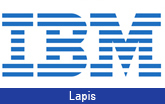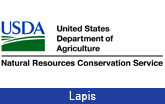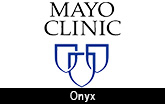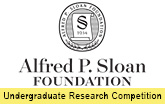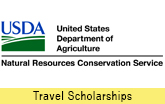Altering Cell Wall Components Increases Beneficial Fungal Colonization of Rice Roots
Date:
Friday, October 5, 2018
Room/Location:
Kingkade Room - Renaissance Hotel
Time:
2:30 pm to 2:50 pm
Session Track(s):
Research: Biology
Cereal crops are critical for producing food, feed, fiber, and potential industrial chemicals. Arbuscular mycorrhizal fungi (AMF), a beneficial root-colonizing symbiont, increases plant nutrient and tolerance to environmental stresses. Grasses decorate their cell walls with phenolic compounds like ferulic acid (FA). FA crosslinks cell wall components and increases cell wall integrity. FA crosslinks could act as a physical barrier to AMF, decreasing AMF colonization. This experiment tested this hypothesis by inoculating the rice mutant, AT10-D1, which has 10-60% less FA, with AMF spores of Rhizophagus irregelius. AMF colonization increased in pooled AT10-D1 roots relative to wild-type roots by 2-fold at 3 weeks (p < 0. 05) and by 1.5-fold at 6 weeks (p < 0. 05) post inoculation. Furthermore, the lateral roots, most colonized root type, did not exhibit a significant increase in AT10-D1 root systems at either 3 and 6 weeks post inoculation, though increases were observed in wild-type roots. AMF colonization in AT10-D1 may be greatly enhanced in the lateral roots due to the reduction of FA crosslinking, facilitating AMF proliferation within the roots. Cereal crops with enhanced AMF colonization might attain higher efficiency in nutrient uptake and better survive environmental stresses exacerbated by climate change.
Thank You to Our Sponsors!

AISES
4263 Montgomery Blvd NE
Suite 200
Albuquerque, NM 87109
(505) 765-1052
conference@aises.org
www.aises.org
© 2018 AISES. All rights reserved.
Become a Sponsor
Your investment in AISES makes it possible for AISES to continually enhance and expand our impact.






